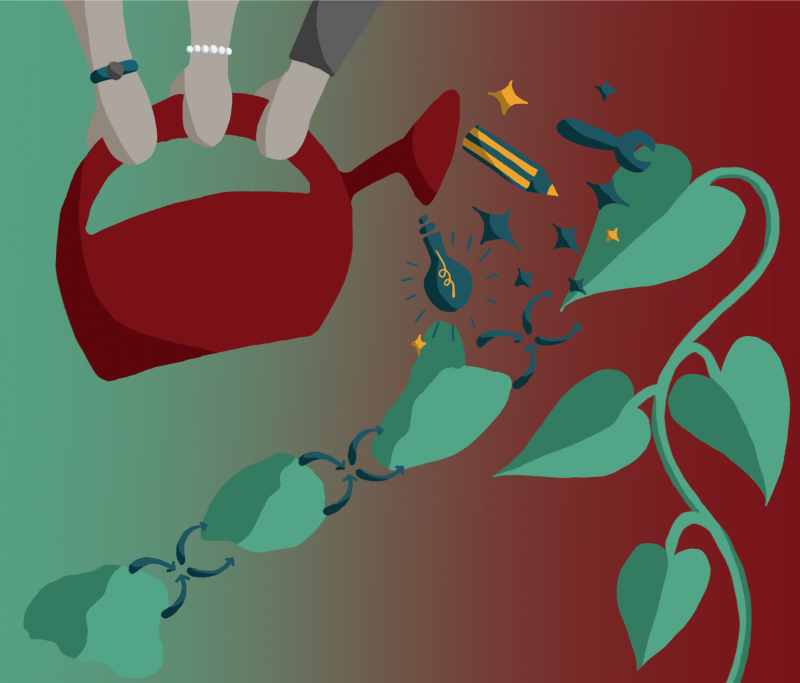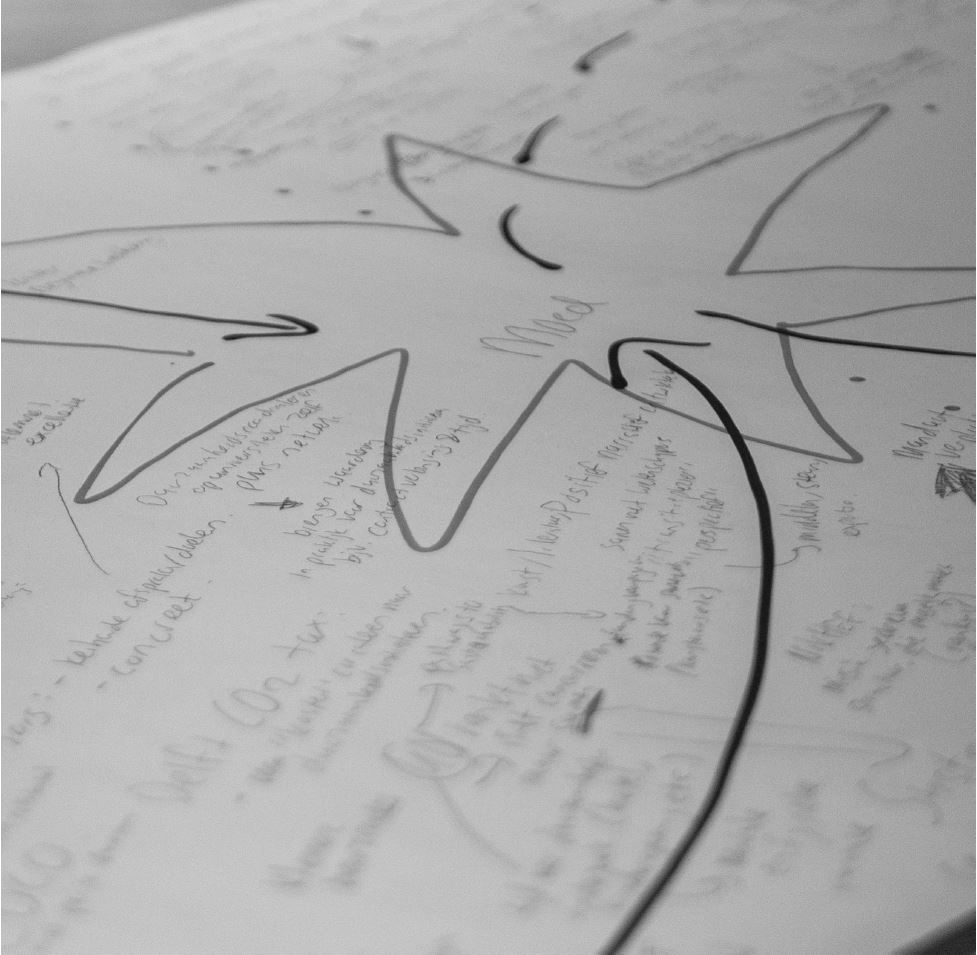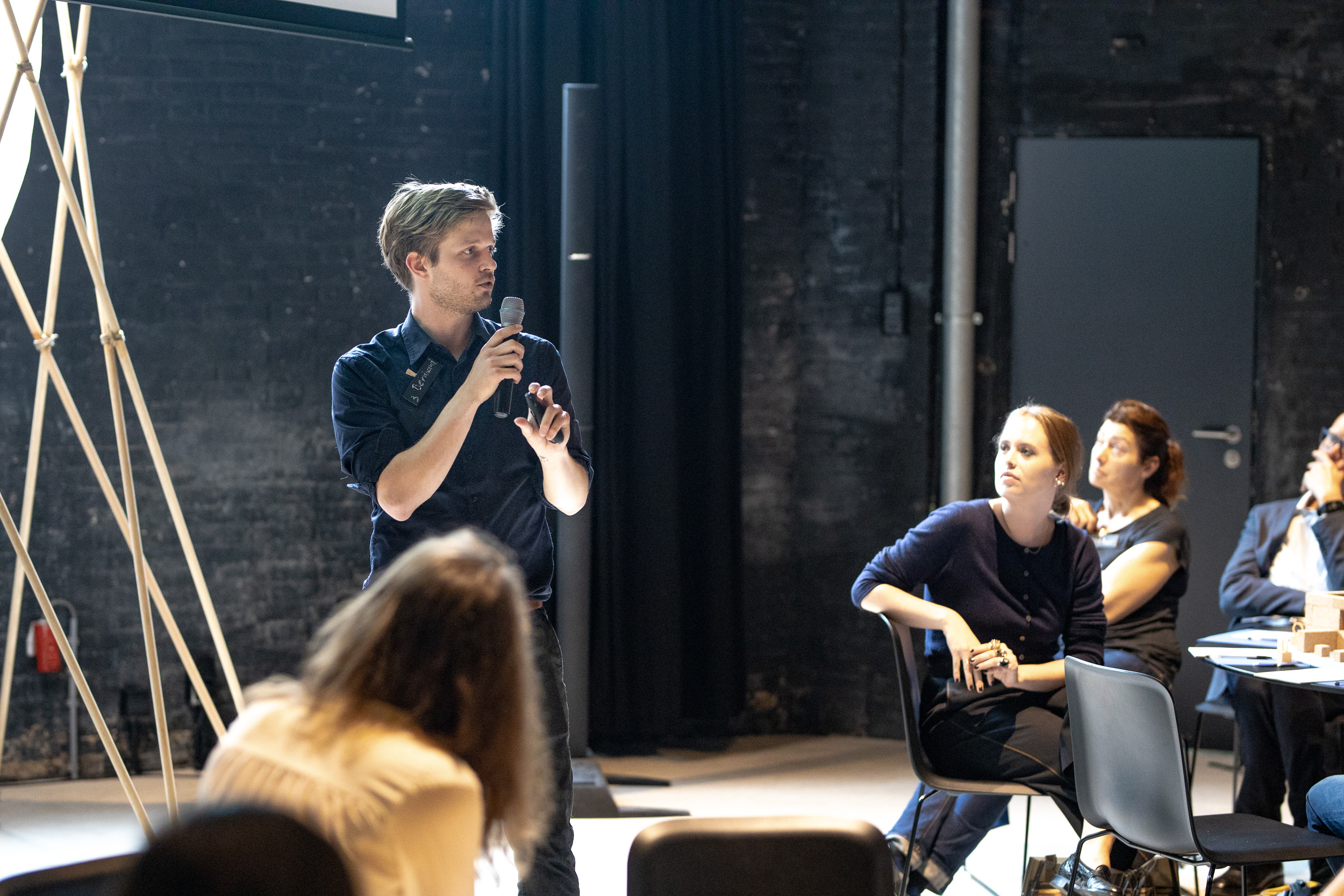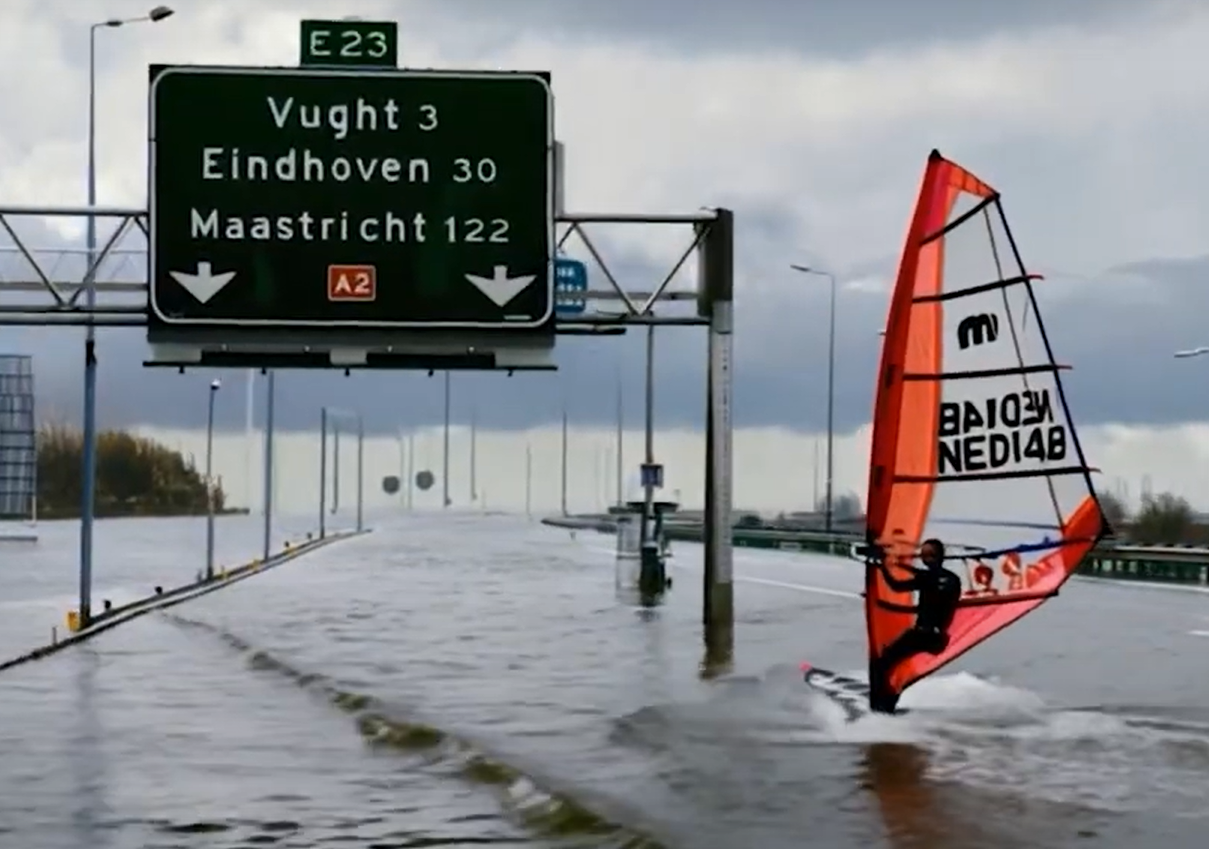The climate crisis calls for a fundamental reorientation of how we conduct science. The traditional way of doing research – characterised by disciplinary specialisation, competition between consortia and fragmentation of knowledge – falls short when it comes to tackling complex transition issues. Science often lags behind what is already happening in practice, or it is difficult to come up with solutions that offer people practical perspectives for action, . To make just climate transitions a reality, we need to build a new scientific practice that is sustainable and focuses on collaboration between different actors, that values different forms of knowledge, and that fully embraces and facilitates transition thinking.
Within the “Science in Transition” programme line, KIN is aiming to stimulate a new scientific practice by researching new ways of collaborating, funding and conducting research. We are also looking at practices and processes that facilitate dialogue between science and practice so that transformative solutions can emerge.
Transdisciplinary collaboration
Transdisciplinary collaboration is at the heart of this innovation. By connecting scientific knowledge, practical knowledge, indigenous knowledge and/or cultural knowledge, innovative insights arise that are directly applicable. This integrative approach breaks through the paralysis that often arises when complexity leads to stagnation, or the pitfall of treating symptoms through excessive simplification and continuous optimisation.
Transformative research practice
To achieve a truly transformative research practice that fully embraces transition thinking, more is needed: Firstly, a different way of working: transdisciplinary, transformative and action-oriented research that dares to break with existing paradigms. Away from merely optimising within existing systems, towards fundamentally questioning those systems themselves. This means experimenting and learning in and with practice, where the end point is not clear beforehand and daring to explore possible solutions is part of the discovery process.
Secondly, it is important that researchers critically examine their own research practices and fields of expertise. How sustainable are our research methods? To what extent do certain disciplines perpetuate existing unsustainability or even legitimise it? Think of research into algorithms that encourage overconsumption, or technologies that enable further depletion of the earth’s raw materials. Science must transform itself in order to contribute adequately to urgent social issues.
Shared responsibility and acceleration
This transition of the scientific system is a shared responsibility of research institutions, researchers, funders, governments and societal partners. By connecting initiatives and stimulating collaboration, we prevent fragmentation and increase impact. The urgency of climate transitions calls for this acceleration – not only in our research results, but also in the way we arrive at those results.










